Petrol and diesel prices in the country have skyrocketed recently. While petrol is currently at ₹101.76 in Mumbai and diesel has already reached ₹99.50 in Rajasthan. The continuous increase in fuel prices will have a widespread impact on citizens and the overall economy.
With daily revision in fuel rates, we might not notice the small changes, but it will have a cascading effect on us. Here are a few things that will become costly for citizens.
1. Fuel bills will increase.
The initial impact of the rise in the prices of petrol and diesel will be felt by people who own personal vehicles. It will increase their monthly spending on fuel.
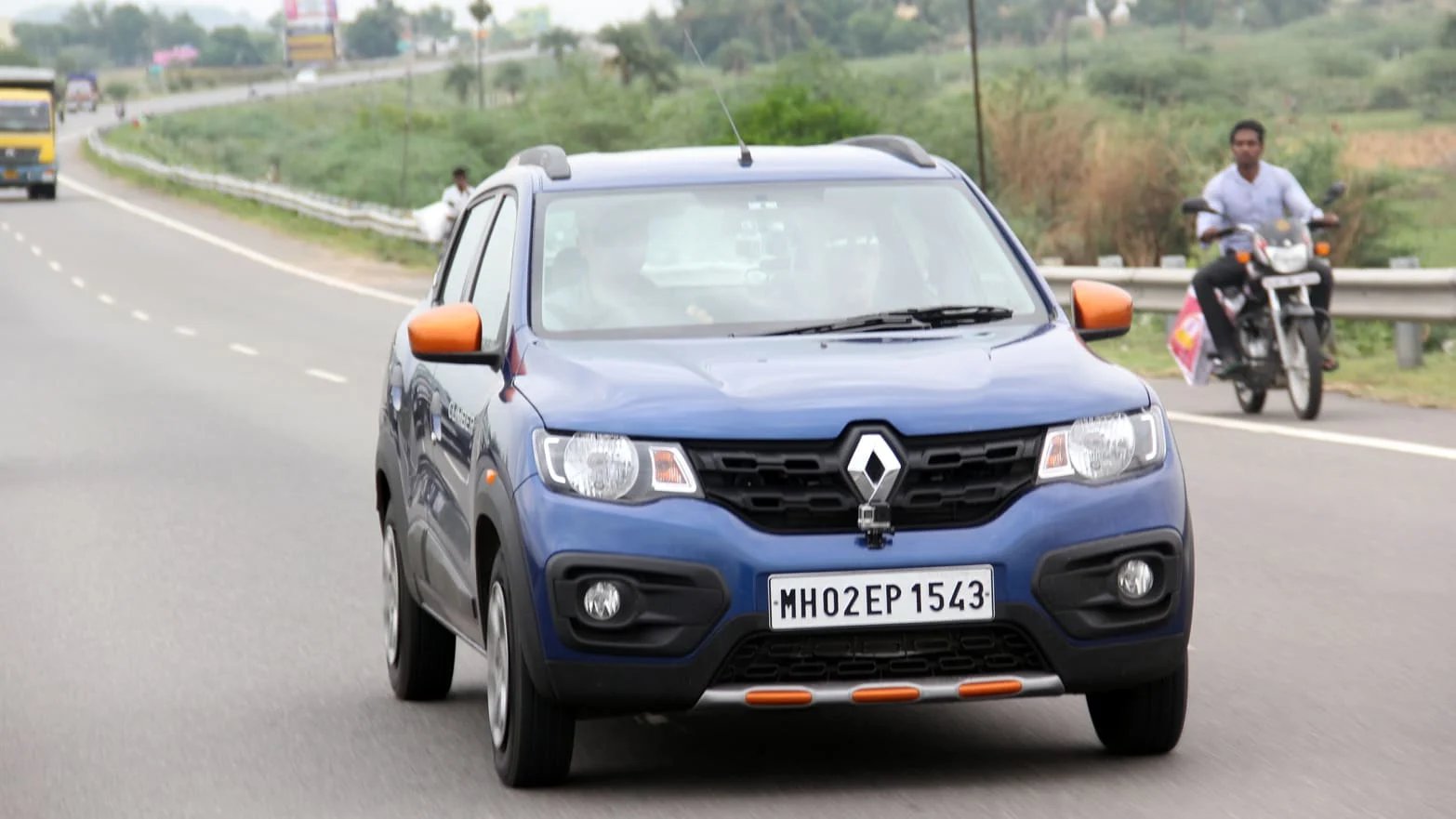
2. Prices of essential commodities will increase.
If we compare the current price of diesel with that in January 2021, we see that there’s more than 10% rise. The situation with petrol is similar. The continous rise in the prices of petrol and diesel is having a cascading effect on the prices of essential commodities.
A recent report by TOI showed how the prices of edible oils including mustard, groundnut and soyabean more than doubled in Rajasthan over a period of one year. Mustard oil that was sold for ₹90-100 per litre in May 2020 now fetches somewhere around ₹180-190 per litre.
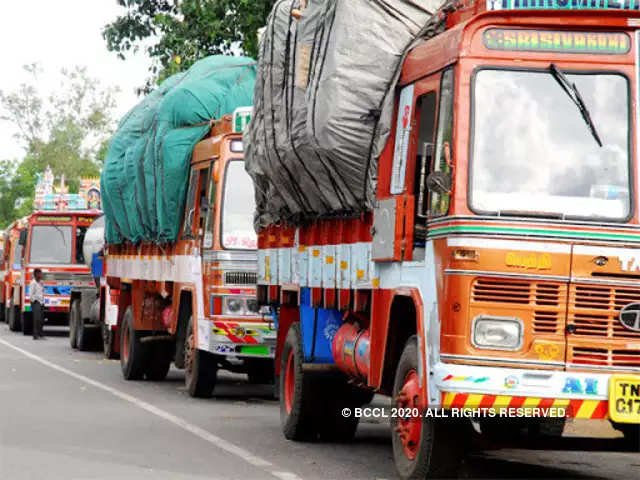
There has been an increase of around 10-20% in the prices of pulses and flour, too.
3. Prices of perishable goods will increase.
The prices of vegetables and fruits will rise as the transportation costs to take these perishable goods from the farm to the market has been increasing almost every day.
An incessant rise in the cost of fuel will impact the fruits and vegetables market as diesel forms a major component of transport operations contributing to 65% of the transportation costs.
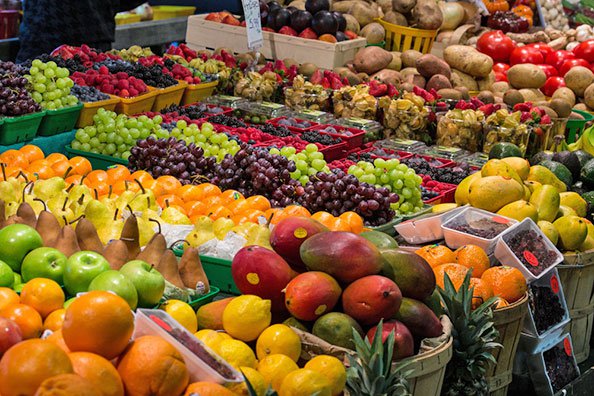
4. Interest rates will get affected.
Higher inflaction will also affect the interest rates set by RBI. There’s a possibility that RBI increases the lending. Speaking to Mint, Madan Sabnavis, chief economist at CARE Ratings, explained this. He said:
Anyone thinking of taking a loan will get affected. On the positive side, savers will benefit from higher rates.
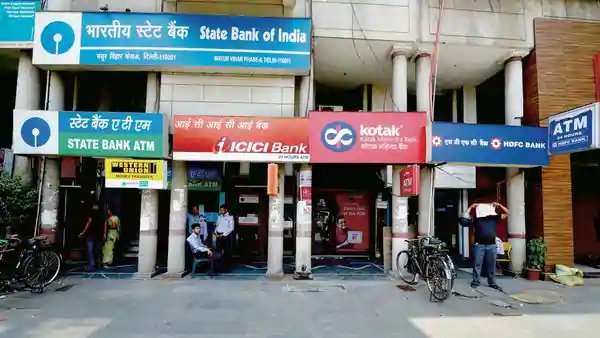
5. Public transport could become costly.
As operational costs rise with an increase in the price of fuel, public transport like auto rickshaw, buses, cabs, etc. will consider a hike in rates.
Earnings of cab drivers will also decrease. Many of them are already considering giving up driving taxis or even selling their cars.

6. Courier services might increase their service rates.
Companies engaged in the logistics and transportation of goods could increase their rates due to the fuel price hike.
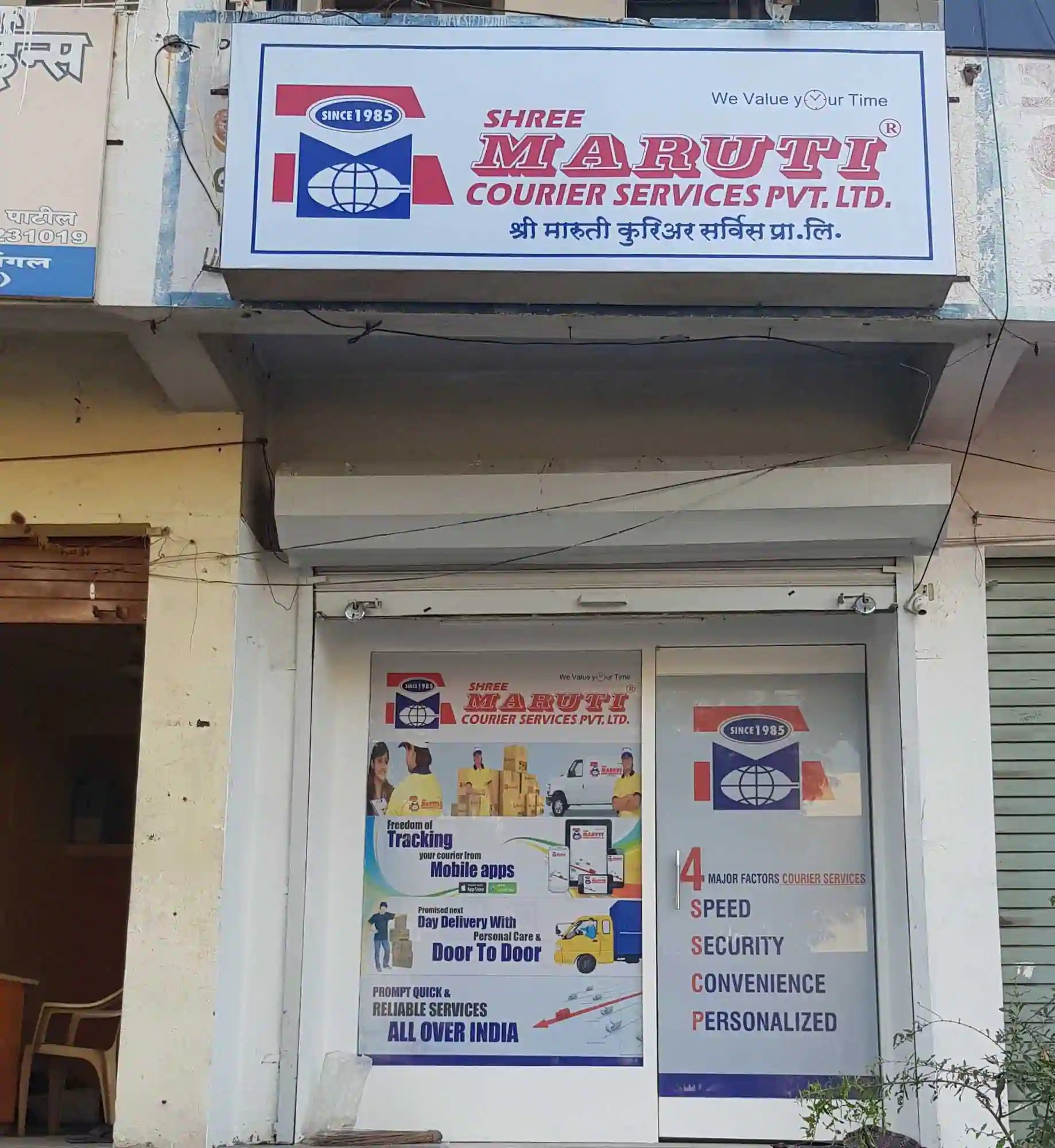
7. Foreign trade, education and travel can become expensive.
An increase in the crude oil prices puts pressure on imports. This can negatively impact the Indian currency. So if you are planning a holiday or planning to study abroad, the depreciating exchange rate will increase your expenses.
Apart from travel and education, if you have business dealings in foreign currency, you should be prepared.
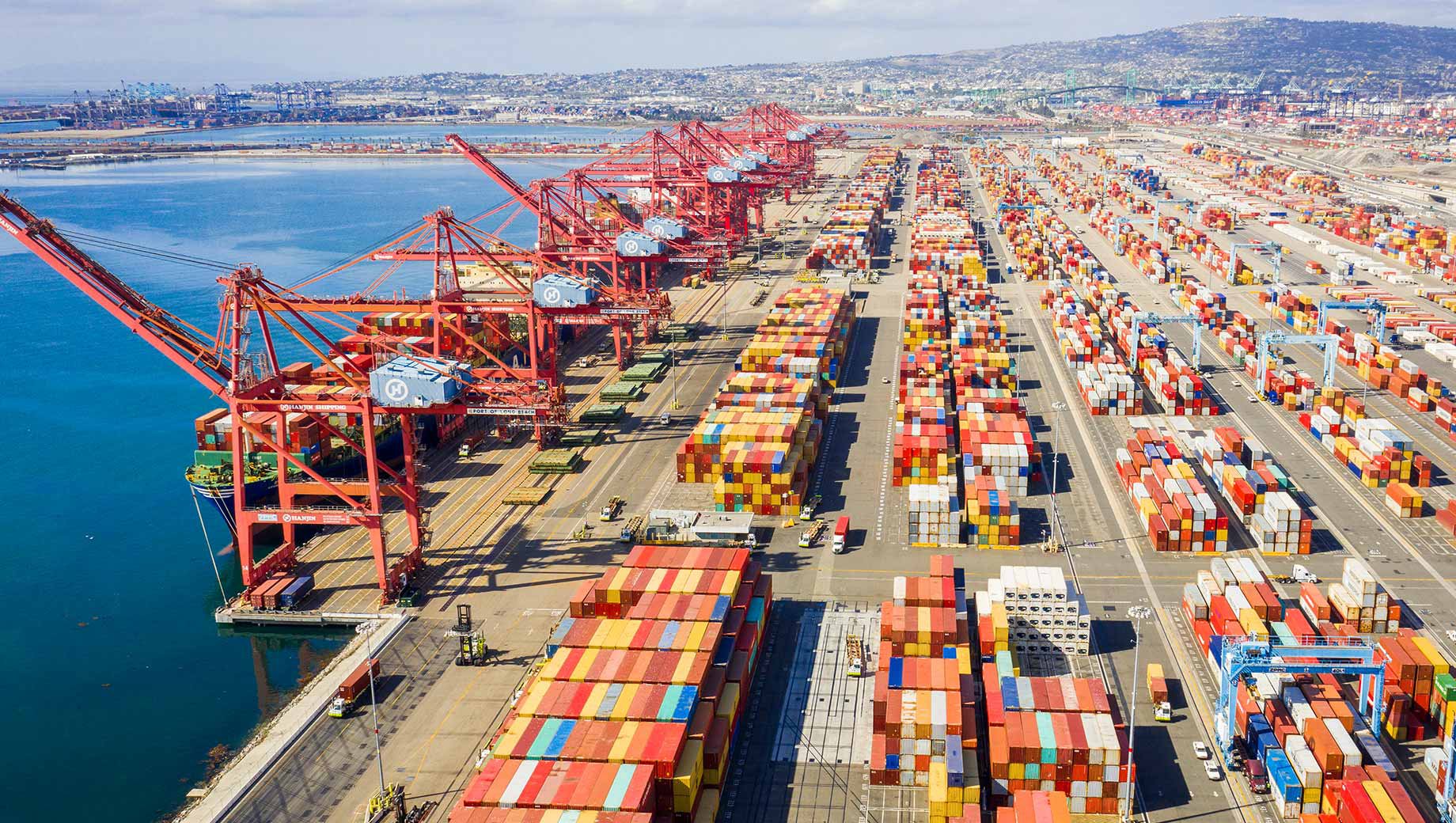
8. Operating costs of MSMEs will go up.
At a time when MSMEs are still on their way to slow recovery after the pandemic the hike in fuel prices would put additional burden on the MSME ecosystem.
In conversation with The Hindu, FKCCI president Perikal M. Sundar, said:
Operational cost overall has gone up for MSMEs because of the fuel hike and consequently overheads will be up easily by 30%. In addition, to reach units and factories, most MSME workers use their own vehicles or public transport. Under this situation, companies will have no option but to increase salaries, although business activities are yet to become normal.
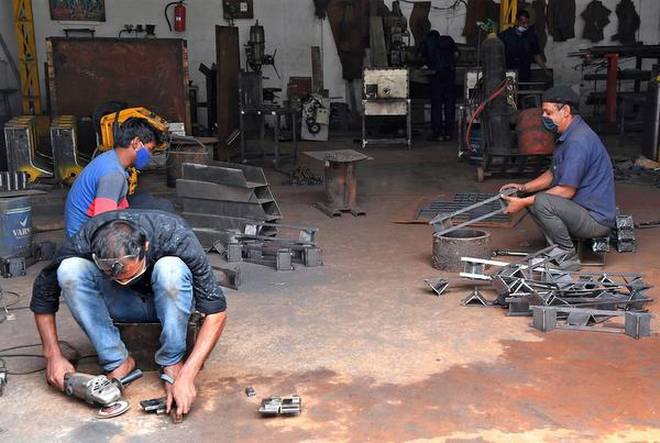
The impact of hike in fuel prices can be widespread given the fact that we are still reeling under the pandemic.

















